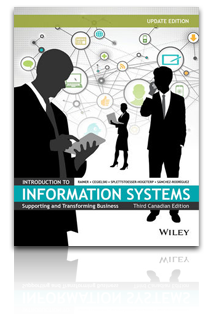
Debbie Ryan of St. John’s hasn’t had a driver’s licence in 25 years, since her eyesight deteriorated.
Now the new technology of autonomous or self-driving cars is promising Ryan and those like her the chance at being more independent and self-reliant.
“I think it’s very exciting, having the ability to get in a vehicle and go where you want, when you want,” said Ryan, a member of the local Canadian Institute for the Blind executive.
Source: CBC News
Date: February 14th, 2019
Link: https://www.cbc.ca/news/canada/newfoundland-labrador/self-driving-cars-vision-impairment-1.5017215
Discussion
1) “That is the purpose of a project underway wth the CNIB and Transportation Safety Board of Canada, says Lui Greco, a manager with CNIB. This is a good time at the beginning, when they’re designing the technology, when they’re building it, to make sure that accessibility for people with sight loss and other disabilities are part of the design phase,” Greco said. Why is it better to look at accessibility issues during the design phase?
2) What sorts of issues might be considered?









